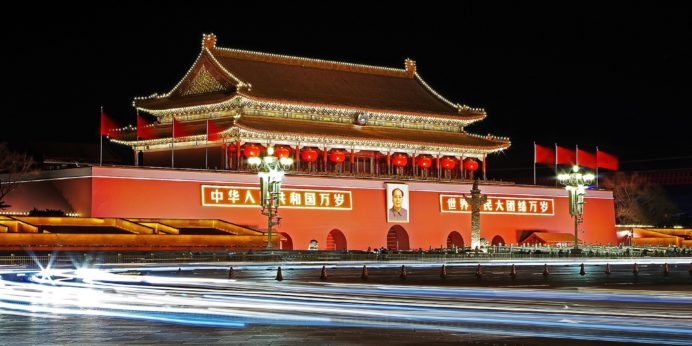Viewpoints: Rebranding China, Inc.
In many quarters these days, both inside China and out, listed Chinese companies continue to be viewed as opaque organisations hiding financial weakness and corrupt practices.
Muddy Waters, in a report issued five months ago, alleged that China’s biggest operator of dairy farms, China Huishan Dairy Holdings, had inflated expenditures on its dairy farms by as much as 1.6 billion yuan. In response, the South China Morning Post reported before, local government officials called in company representatives to meet with scores of lenders, including Bank of China. At the end of March, the company’s shares plunged as much as 90%, wiping out US$4 billion of market value.
Short sellers, such as Muddy Waters, take advantage of negative perceptions to issue research reports detailing accounting fraud at publicly traded Chinese companies, then buy the company’s shares at a discount.
William Pesek, writing about Huishan Dairy in Barron’s, observed: “As more and more investors question opaque companies that look too good to be true, the China Inc. brand will take bigger hits.”
David Shambaugh, a China expert at George Washington University, told The Economist earlier that China spends US$10 billion a year to build its “soft power,” while the US spent less than US$670 million on its “public diplomacy” in 2014.
While everyone around the world is familiar with the “Made In China” label on a variety of consumer goods, Chinese supply chains remain synonymous with shoddy products, such as electronic goods that don’t work, milk laced with melamine, and rotten meat.
What must China do to build its brand in the 21st century?
- Move up the manufacturing value chain and improve the quality of its products. The “Made in China 2025” initiative addresses some of these issues.
- Improve the quality of its manufacturing and food processing supply chains.
- Demonstrate leadership in environmental initiatives domestically and globally, and develop green technologies.
- Build transparency and rules-based culture into Chinese companies in all industries.
- In Interbrand’s list of the top 100 global brands published last year, only two were Chinese: Huawei, the world’s largest telecommunications supplier; and Lenovo, a multinational technology company. No mention of TenCent, Alibaba, or Haier, for example.
To help Chinese brands go global, China itself must be positively re-branded. It is already taking steps to do so. It is rebalancing its economy to rapidly grow the consumer sector. And the country is building the foundations for an innovation-driven economy by concentrating on next generation information technology, numerical control tools and robotics, energy saving vehicles and medical devices, among other sectors.
Only one question remains: which PR firm will become China’s agency of record?
Robert T. Grieves is chairman of Hamilton Advisors and chairman of the Council of Public Relations Firms of Hong Kong.

